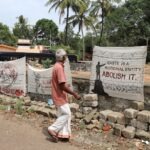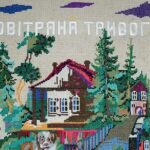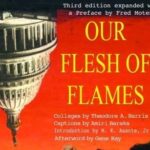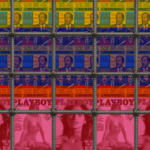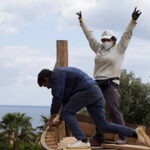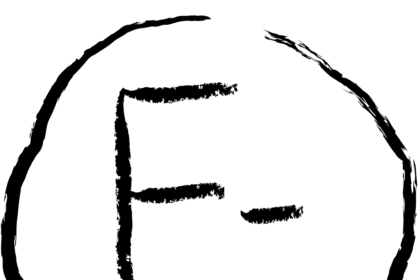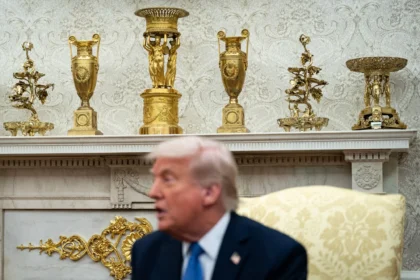FIELD Global Reports 2025: The Tightening Grip
Greg Sholette
Nine months into Trump’s second presidency, the contours of what I’ve termed the “Unpresent”—our time-out-of-joint where familiar democratic norms collapse into authoritarian spectacle—become clearer through the lens of global cultural suppression. Previous reports from Italy, Austria, Portugal, Hungary, Serbia, and North Macedonia revealed how both established liberal European nations as well as those of the former socialist East have become a laboratory for illiberal governance. This issue’s trio of reports from India, Turkey, and the UK demonstrate that authoritarian cultural control is contracting around an ever-enlarging portion of the globe, penetrating even into established liberal democracies such as the UK, while deepening hold over others such as India, the largest democracy to ever emerge, as well as the once broad-minded post-Ottoman nation of Turkey. The pattern in the arts is unmistakable: from Modi’s “hyperfascist” India to Erdoğan’s Turkey to post-Brexit Britain, cultural workers face an increasingly coordinated assault on creative expression. Yet what emerges from these reports is not merely a catalog of cancellation and repression, but a cursory map of resistance involving strategies and survival tactics that will prove essential in the years ahead.
Isabel Lima and Kim Charnley’s report from the UK reveal how quickly liberal democratic facades crumble under pressure. The proscription of Palestine Action as a terrorist organization and the BBC’s censorship of musicians critical of Israeli policies expose the coercive state power lurking beneath Britain’s veneer of free expression. Most telling is Arts Council England’s attempted muzzling of “overly political” statements—a directive that, while retracted, revealed the funding mechanisms through which cultural control operates. The rumored dismantling of the Department for Culture, Media and Sport signals an even more fundamental assault on cultural infrastructure, while artificial scarcity forces artists into zero-sum competition that fragments potential solidarity.
In Turkey, Lara Fresko documents a suffocating censorship regime that has moved far beyond the absurdist blurring of cigarettes and alcohol on television screens. Her focus on “Seen Unseen: An Anthology of (Auto)Censorship” illuminates how filmmakers and artists have developed innovative forms of solidarity and formal experimentation precisely through their inability to complete traditional works. This points toward crucial questions about what cultural production looks like under conditions of systematic repression. And thirdly, Sandip Luis’s report from India provides perhaps the most sobering analysis, describing a “hyperfascist” condition that exceeds even historical fascism’s reach. His tripartite examination of Delhi’s “philanthrocapitalist” art spaces, Kerala’s leftist cultural outposts, and Kashmir’s military occupation reveals how the “Indian contemporary” exists only in the breakdown of both nation and contemporary time itself. Most crucially, Luis locates authentic resistance not in the art world’s established institutions but in Kashmir’s “survival tactics and strategies of resistance”—methods that may become “everyone’s lifeline” as states of exception normalize globally.
These reports collectively demonstrate that cultural suppression serves as both symptom and engine of democratic collapse. From Britain’s legislative overreach to Turkey’s comprehensive censorship apparatus to India’s hyperfascist normalization, we see how authoritarian forces understand culture’s power to shape consciousness and maintain dissent. But these conditions also spark resistance. And as it grows, we need essential intelligence for cultural workers navigating increasingly hostile terrain. Which, is why the strategies emerging from these Field Repots —horizontal organizing, autonomous zones of defiance, innovative forms of solidarity under repression, and perhaps most importantly, re-forging ties between progressive artists and progressive working-class people and their unions [https://laborartreview.net/]–will prove indispensable as the Unpresent deepens worldwide.
Gregory Sholette, October 2025


